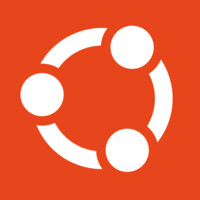FAQs
What is the job title for this position?
The job title is Junior Data Engineer.
What type of team will I be joining?
You will be joining a team seeking to understand and shape the future of marketing technology.
What are the primary responsibilities of a Junior Data Engineer at Canonical?
The primary responsibilities include utilizing advanced data analytics, conducting experiments with data, collaborating with stakeholder teams, and maintaining systems for self-service access to data dashboards.
What skills or background are preferred for candidates applying for this role?
Candidates should have a background in data science, mathematics, actuarial science, or engineering, along with knowledge in advanced statistics, coding/scripting languages (like Python and JavaScript), and databases (like SQL).
What tools or technologies should I be familiar with for this position?
Familiarity with data analytics and visualization tools such as Looker Studio, Tableau, and Apache Superset is important.
Will I be required to work collaboratively with other teams?
Yes, you will collaborate with various stakeholder teams including Product Management, Engineering, Information Systems, Finance, and RevOps.
Is this position remote?
Yes, this role is fully remote and is based in the EMEA region.
What professional development opportunities are available?
Canonical offers a personal learning and development budget of 2,000 USD per annum for each team member.
How does Canonical handle compensation?
The base pay will vary based on factors such as geographical location, experience, knowledge, and skills, with annual compensation reviews and potential bonuses.
What benefits does Canonical offer to employees?
Canonical offers various benefits, including annual holiday leave, parental leave, an Employee Assistance Programme, recognition rewards, and opportunities for travel to meet colleagues at 'sprints'.
Does Canonical have a commitment to diversity and inclusion?
Yes, Canonical is an equal opportunity employer and fosters a workplace free from discrimination, valuing diversity of experience, perspectives, and backgrounds.

